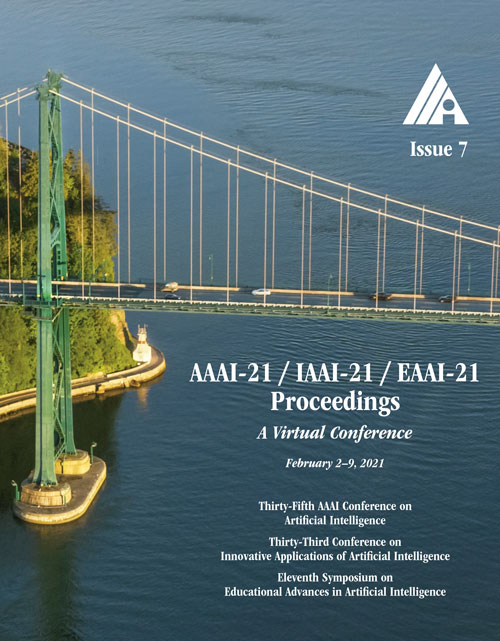Testing Independence Between Linear Combinations for Causal Discovery
DOI:
https://doi.org/10.1609/aaai.v35i7.16810Keywords:
Action, Change, and CausalityAbstract
Recently, regression based conditional independence (CI) tests have been employed to solve the problem of causal discovery. These methods provide an alternative way to test for CI by transforming CI to independence between residuals. Generally, it is nontrivial to check for independence when these residuals are linearly uncorrelated. With the ability to represent high-order moments, kernel-based methods are usually used to achieve this goal, but at a cost of considerable time. In this paper, we investigate the independence between two linear combinations under linear non-Gaussian structural equation model (SEM). We show that generally the 1-st to 4-th moments of the two linear combinations contain enough information to infer whether or not they are independent. The proposed method provides a simpler but more effective way to measure CIs, with only calculating the 1-st to 4-th moments of the input variables. When applied to causal discovery, the proposed method outperforms kernel-based methods in terms of both speed and accuracy. which is validated by extensive experiments.Downloads
Published
2021-05-18
How to Cite
Zhang, H., Zhang, K., Zhou, S., Guan, J., & Zhang, J. (2021). Testing Independence Between Linear Combinations for Causal Discovery. Proceedings of the AAAI Conference on Artificial Intelligence, 35(7), 6538-6546. https://doi.org/10.1609/aaai.v35i7.16810
Issue
Section
AAAI Technical Track on Knowledge Representation and Reasoning

